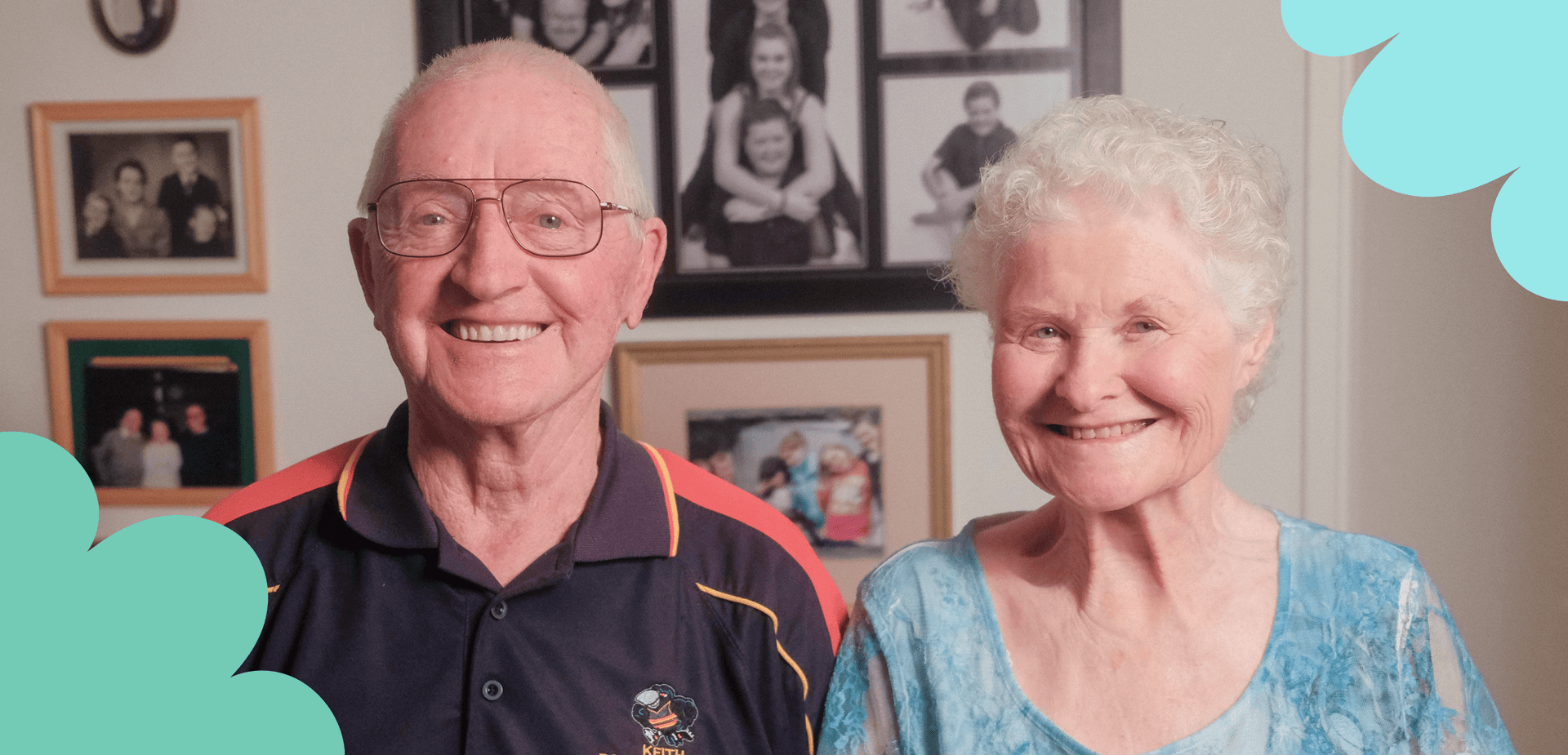
20,000 new Home Care Packages announced: Supporting more Australians to live well at home
Important changes are happening in home care support across Australia. With the government's announcement of 20,000 additional Home Care Packages, more older Australians can access the support they need to live independently at home.






















